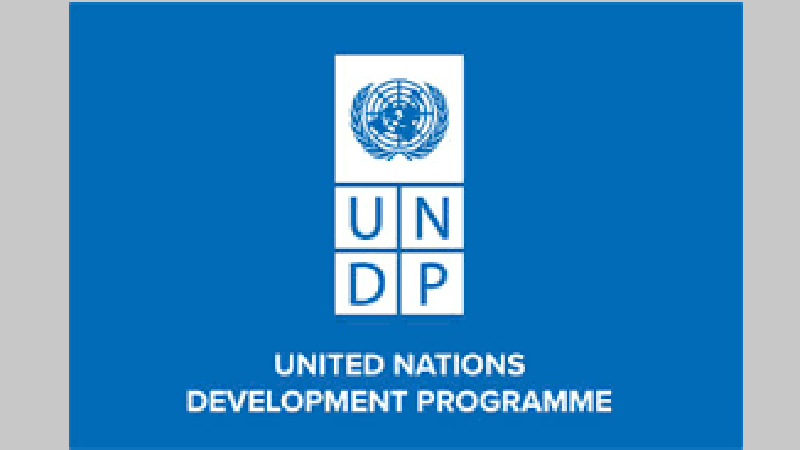Dhaka, July 7 (UNB) – The government has joined hands with UNDP to implement a $33m project in Satkhira and Khulna districts benefitting almost 7 lakh people mostly women and adolescent girls to help them adapt better to climate change.
The six-year project is mainly financed by the Green Climate Fund (GCF), world’s largest multilateral fund for climate change action.
This is the first time when the Ministry of Women and Children’s Affairs, provided $8 million, and GCF, which is providing the rest as a co-financer to plan, implement, and manage climate-resilient solutions.
The inception workshop of the project titled ‘Enhancing Adaptive Capacities of Coastal Communities, Especially Women, to cope with Climate Change Induced Salinity’ was held in the city on Sunday.
Speaking as the chief guest at the workshop, Women and Children Affairs Secretary Kamrun Nahar said the project will make a paradigm-shift in the way women will be empowered as ‘change-agents’ to plan, implement, and manage climate-resilient solutions to safeguard livelihoods and lives and help Bangladesh become a middle-income country.
UNDP’s Resident Representative Sudipto Mukerjee said they are committed to leave no one behind in implementation of the Sustainable Development Goals (SDGs) by 2030 with the government and partners like GCF.
“It cannot be achieved if the women remain ignored as they are more vulnerable to adverse impacts of climate change given the higher risks they face and bear greater burdens every single day. Through this project, we are specifically focusing on women and girls to help them adapt better to climate change in Bangladesh,” said Sudipto.
The project will provide assistance to women and girls in Satkhira and Khulna to adopt resilient livelihoods, while ensuring reliable, safe drinking water through community-managed rainwater harvesting solutions, according to United Nations Development Programme (UNDP).
It will also seek to strengthen the participation of women in last-mile dissemination of gender-responsive early warnings and continued monitoring and adaptation of livelihoods to evolving climate risks.




